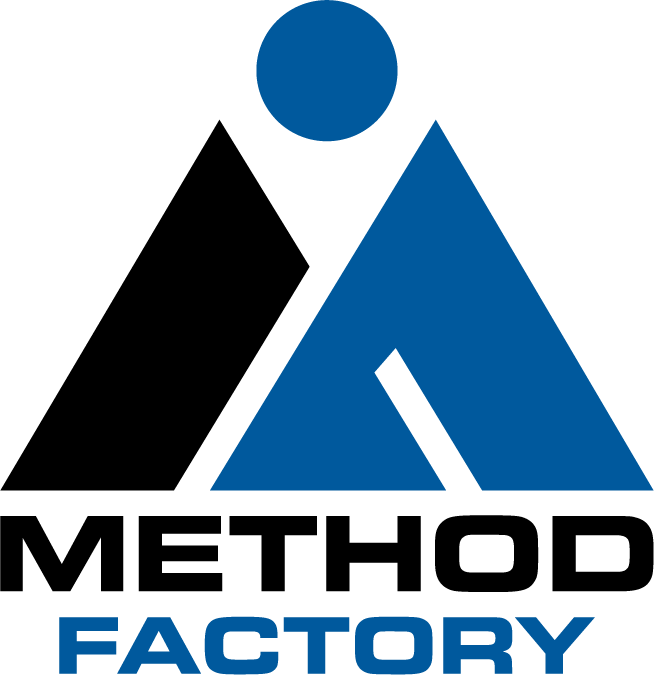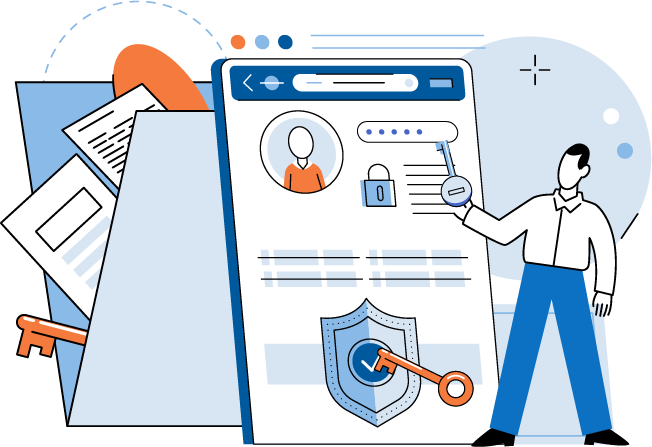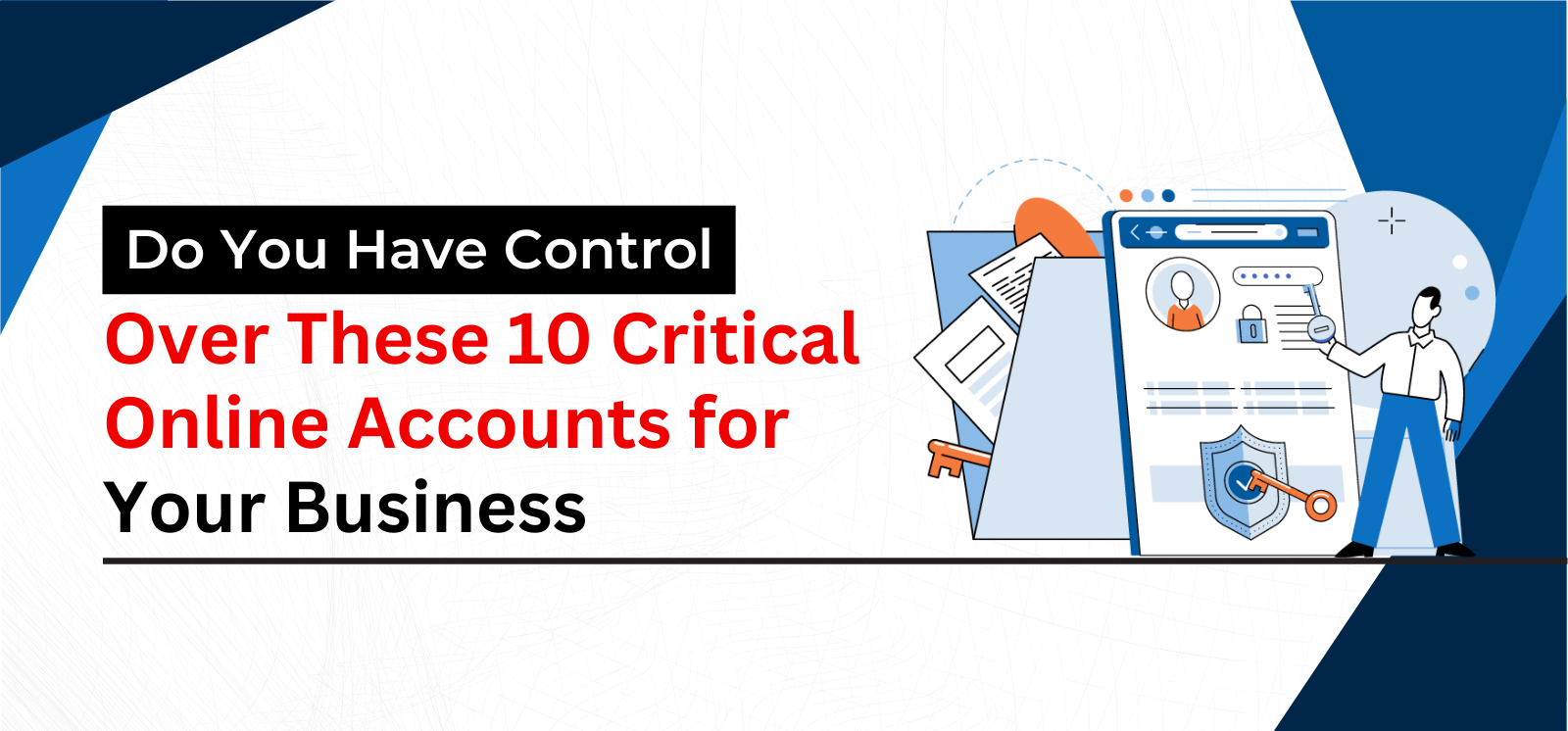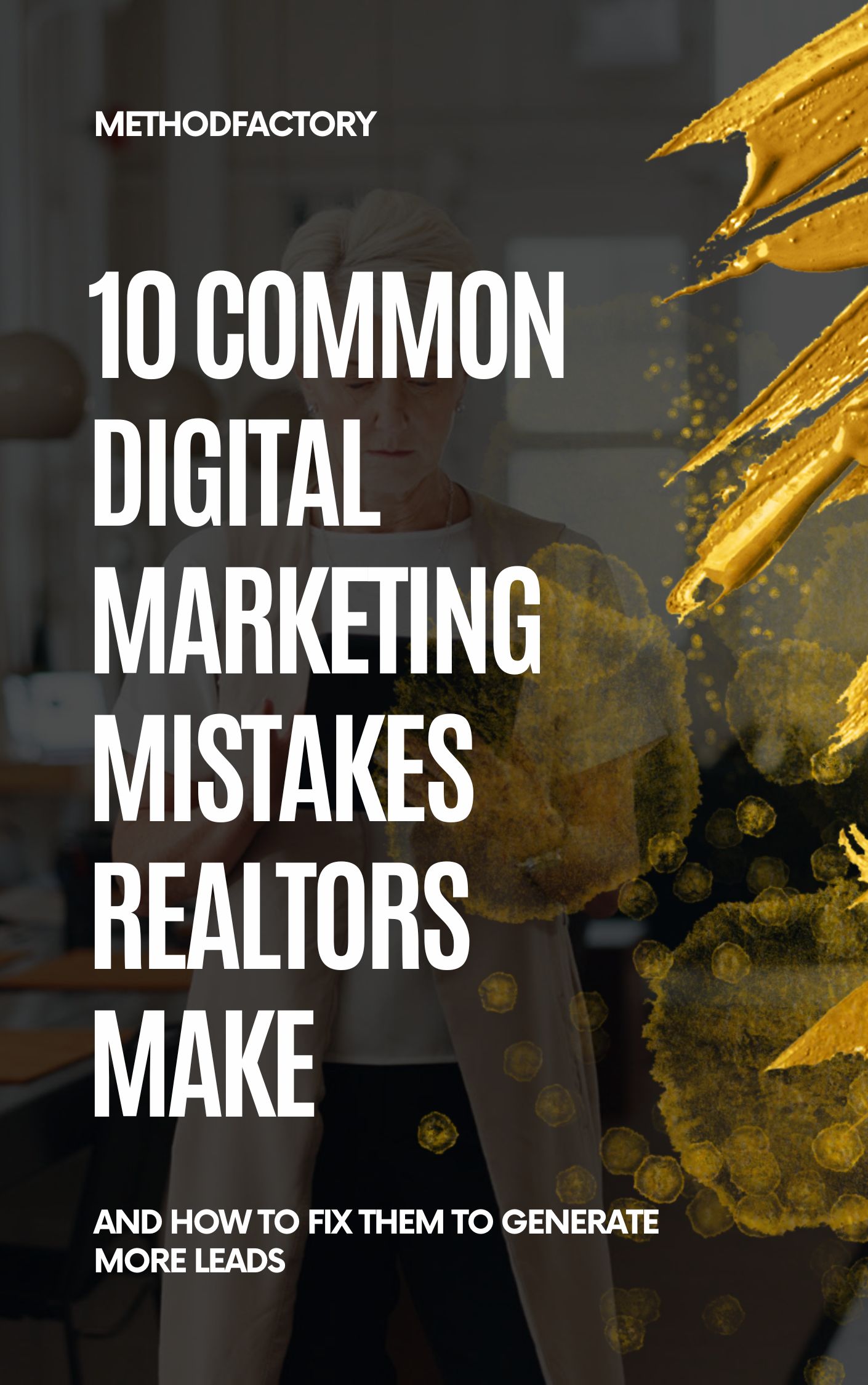Introduction
As an entrepreneur, your online presence is one of the most valuable assets your business has. From your website to your advertising platforms and even your local search listings, these accounts are the foundation of how customers find, interact with, and trust your business.
When you personally control these foundational accounts, you ensure that:
- You Have Uninterrupted Access – If something goes wrong, you can act immediately without relying on someone else to intervene.
- Your Business Is Protected – Third parties, even trusted ones, can change, misuse, or lock you out of your accounts—intentionally or unintentionally.
- You Stay in Charge of Your Brand – Ownership means you decide how your business is represented online, ensuring accuracy and consistency.
- It’s Easier to Scale or Transition – Whether you’re expanding, selling, or delegating, having control simplifies the process of handing over or expanding access.
Trusting a digital agency or team to manage these accounts is fine, but ownership should always remain in your hands. Think of it like owning the keys to your house—you might have a property manager, but the master key stays with you.
This guide will help you understand which accounts are most critical and why owning them is non-negotiable.
What is NAP and Why Is It Important?
Before diving into the specific accounts, it’s crucial to understand the importance of maintaining consistent NAP (Name, Address, Phone Number) information across all platforms. For entrepreneurs unfamiliar with this term, NAP refers to the essential business details—your name, address, and phone number—that search engines and customers use to identify and trust your business.
Consistency in NAP across all platforms ensures that search engines associate the correct information with your business. This directly impacts your visibility in local search results and helps your business appear more credible to potential customers. It also builds customer trust, as mismatched details can create confusion or doubt about your business's credibility. Now, let’s explore the key accounts you need to secure.
The Key Business Accounts You Must Own
1. Domain Registrar Account
Your domain is the foundation of your online presence. If you lose control, your website could go offline, or worse, someone else could claim it.
Examples: GoDaddy, Namecheap.
Action Step: Ensure your name is listed as the registrant and keep your login credentials secure.
2. Hosting Platform Account
Hosting determines whether your website is online and accessible to visitors.
Examples: WP Engine, HostGator, Wix.
Action Step: Own the hosting account and maintain a secure backup of your website.
3. WordPress/Website Admin Console
Direct control over your website is essential for updates, fixes, and managing functionality.
Action Step: Retain admin-level access and use strong passwords to secure the account.
4. Google My Business (GMB)
This account controls how your business appears on Google Search and Maps, making it critical for local visibility.
Action Step: Claim and verify your GMB account, and update business details regularly.
https://www.google.com/intl/en_us/business/
5. Bing Places for Business
Similar to GMB, this account helps maintain visibility for local search results in Microsoft’s ecosystem.
Action Step: Claim and optimize your profile for better reach.
Note: As with GMB, consistent NAP details are critical for building trust and improving your local SEO.
6. Facebook Business Manager/Meta Business Suite
Facebook and Instagram are essential platforms for most businesses, and this account consolidates your assets and ads.
Action Step: Ensure you are the primary owner and limit admin access to trusted team members.
7. LinkedIn Company Page
LinkedIn helps build professional credibility and engages B2B audiences.
Action Step: Secure ownership of your page and ensure that the information is up-to-date.
8. Google Search Console (GSC)
GSC allows you to monitor your website’s search performance and fix technical SEO issues.
Action Step: Verify ownership and use it to address search-related concerns proactively.
https://search.google.com/search-console/about
9. Google Analytics 4 (GA4)
Understanding your website’s performance and user behavior is vital for making data-driven decisions.
Action Step: Ensure you have owner access to GA4 and manage permissions carefully.
https://developers.google.com/analytics
10. Yelp
Yelp is essential for businesses reliant on customer reviews and reputation management.
Action Step: Claim and maintain your profile to manage reviews and engage with customers.
Other Useful Accounts
Google Ads
Paid advertising can drive traffic and sales, but only if you control the account and its campaigns.
Action Step: Own the account to ensure transparency in spend and performance.
Bing Webmaster Tools
Like Google Search Console, this tool helps monitor and improve your website’s presence on Bing.
Action Step: Set up and verify ownership to track key metrics.
Best Practices for Account Management
To ensure you never lose access, follow these best practices:
- Use a dedicated email address for all business accounts to centralize management.
- Enable two-factor authentication (2FA) to add a layer of security.
- Regularly review permissions and remove unnecessary access.
- Keep a secure record of all login credentials, using a password manager if necessary.
- Conduct periodic audits to verify ownership and resolve any issues proactively.
Wrapping Up
Securing ownership of your high-priority business accounts is non-negotiable for protecting your online brand. However, don’t overlook the other accounts, such as Google Ads and Bing Webmaster Tools, which play crucial roles in enhancing your visibility and managing your brand across different platforms.
Periodically reviewing and optimizing these accounts not only confirms ownership but also strengthens your business’s online security and trustworthiness. Ensuring your NAP information is consistent across all these platforms will strengthen your local SEO and build credibility for your brand.
By securing and properly managing these accounts, you can safeguard your operations, enhance your visibility, and build a strong foundation for your business’s success. Take action today—audit your accounts and ensure you’re in control of your online brand.
FAQs About Securing Your Business Accounts
-
Why is it important to own these accounts directly?
Owning these accounts ensures uninterrupted access, protects your brand from misuse or unauthorized changes, and allows you to maintain control over your online presence. Without direct ownership, you risk being locked out or losing critical business assets. -
What is NAP, and why does it matter?
NAP stands for Name, Address, and Phone Number. It’s crucial because search engines and customers use this information to verify your business's credibility. Consistent NAP across platforms improves local SEO and builds trust with your audience. -
What happens if I lose access to one of these accounts?
Losing access can disrupt operations, impact your website’s functionality, or harm your online reputation. For example, losing your Google My Business account could prevent customers from finding your business in local search results. -
Should I trust a third party to manage these accounts?
You can trust a third party to manage these accounts, but you should always retain ownership and administrative access. This ensures you remain in control even if you change service providers or encounter issues with your team. -
How do I ensure I’m the owner of my accounts?
Log in to each account and verify that your name, email address, or business is listed as the primary owner or administrator. Use a dedicated business email and enable two-factor authentication for additional security. -
How often should I review my accounts?
You should review your accounts at least quarterly to ensure ownership, permissions, and account details are up-to-date. Regular audits help prevent unauthorized access or mismanagement. -
Why is Google My Business (GMB) so important?
GMB is vital for local search visibility, helping customers find your business on Google Search and Maps. It’s a key driver of local SEO and customer engagement. -
How do I secure my accounts against hackers?
Enable two-factor authentication (2FA), use strong, unique passwords, and regularly review access permissions. A password manager can help securely store and manage your login credentials. -
Can I recover an account if I’ve lost access?
Most platforms have recovery options, such as verifying your identity through email or phone. For more complex issues, contact the platform’s support team with proof of ownership, such as invoices or business documents.







